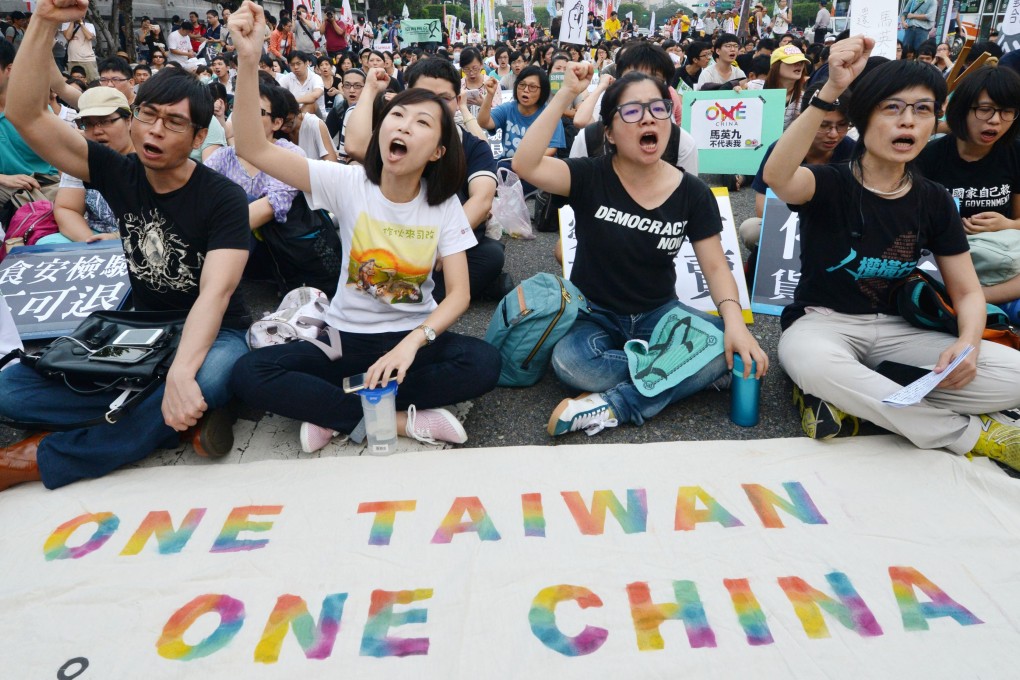With summit, leaders lay bridge but will future generations walk across?
Talks between two sides were game-changer but Taiwanese public won't be swayed, analysts say

In joining hands yesterday, the mainland and Taiwanese leaders sought to lay down a bridge that future generations can cross - but will their descendants be willing?
Analysts say the summit between President Xi Jinping and his Taiwanese counterpart Ma Ying-jeou is indeed a game-changer and has opened an avenue for dialogue that the island's next president will find difficult to ignore. But the talks are unlikely to sway the Taiwanese public to side with Ma's Kuomintang party when they head to the polls in a little over two months.
"We can't predict who will be president next year, but what I can do is to build the bridge in my term of office so that no matter who takes office ,he or she will be able to walk on the bridge and cross the river quickly," Ma told a news conference on Thursday.
"With the new bridge, future leaders can walk across the river easier and that is what the meeting means for future relations," said Taiwanese affairs expert Xu Xue of Xiamen University's Institute of Taiwan Studies. He said the summit heralded the start of regular top-level talks in the future regardless of who led on either side of the Taiwan Strait.
Allen Carlson, an associate professor at Cornell University's government department, compared the meeting to US president Richard Nixon's ice-breaking trip to China in 1972, or Barack Obama's recent effort to open relations with Cuba, saying it had opened a new chapter in cross-strait relations.
Steve Tsang, a professor at the University of Nottingham's School of Contemporary Chinese Studies, agreed that it was a landmark event but said it was not expected to change the basic drivers behind relations. "Ma and Xi think they are building a bridge, one over which Xi's successors will be only too happy to rush", but Ma's successors would find it "highly hazardous" and "prefer not to cross", he said.